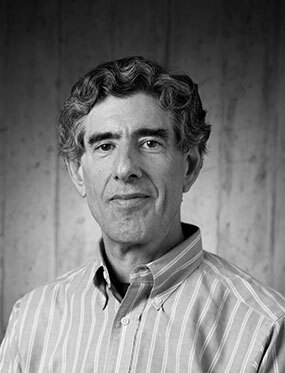Date/Time:
This webinar takes place October 11, 2020.
Registration
Registration will close 1 hour in advance of the event. Full refunds will be given for cancellation requests up to 1 hour in advance of the event.
Who can attend this event?
Anyone.
Translation
Translation will be offered in Spanish, Portuguese, Russian, and German.
“Well-being is fundamentally no different than learning to play the cello. If one practices the skills of well-being, one will get better at it.” - Dr. Richard Davidson
OVERVIEW
How does meditation contribute to our well-being? In this talk, Dr. Davidson, a world-renowned neuroscientist and psychologist who has spent decades researching connections between mental and physical health and working with experienced meditators like Mingyur Rinpoche and Matthieu Ricard to study the effects of meditation on the brain, will share the latest findings and insights into what science tells us about how the practice of training our minds can shape our brains in ways that promote human flourishing.
WHAT IS INCLUDED IN THIS WEBINAR?
- Live presentation with Dr. Richard Davidson
- Audience Q&A session with Dr. Richard Davidson
Thank you for your interest
This event happened on October 11. If you attended this event, you can access your resources by logging in.
We invite you to take a look at more events with Mingyur Rinpoche and Tergar Instructors.
Dr. Richard Davidson

Dr. Richard Davidson is a William James and Vilas Research Professor of Psychology and Psychiatry at the University of Wisconsin-Madison as well as founder and director of the Center for Healthy Minds. His research is focused on the neural bases of emotion and emotional style and methods to promote human flourishing, including meditation and related contemplative practices. He has published more than 400 articles and is the co-author of The Emotional Life of Your Brain and Altered Traits: Science Reveals How Meditation Changes Your Mind, Brain, and Body. Davidson has been recognized for his research through various awards, such as a National Institute of Mental Health Research Scientist Award and an Established Investigator Award from the National Alliance for Research in Schizophrenia and Affective Disorders (NARSAD). Davidson received his PhD from Harvard University in Psychology and has been teaching psychology and psychiatry at the University of Wisconsin-Madison since 1984.
 EN
EN





